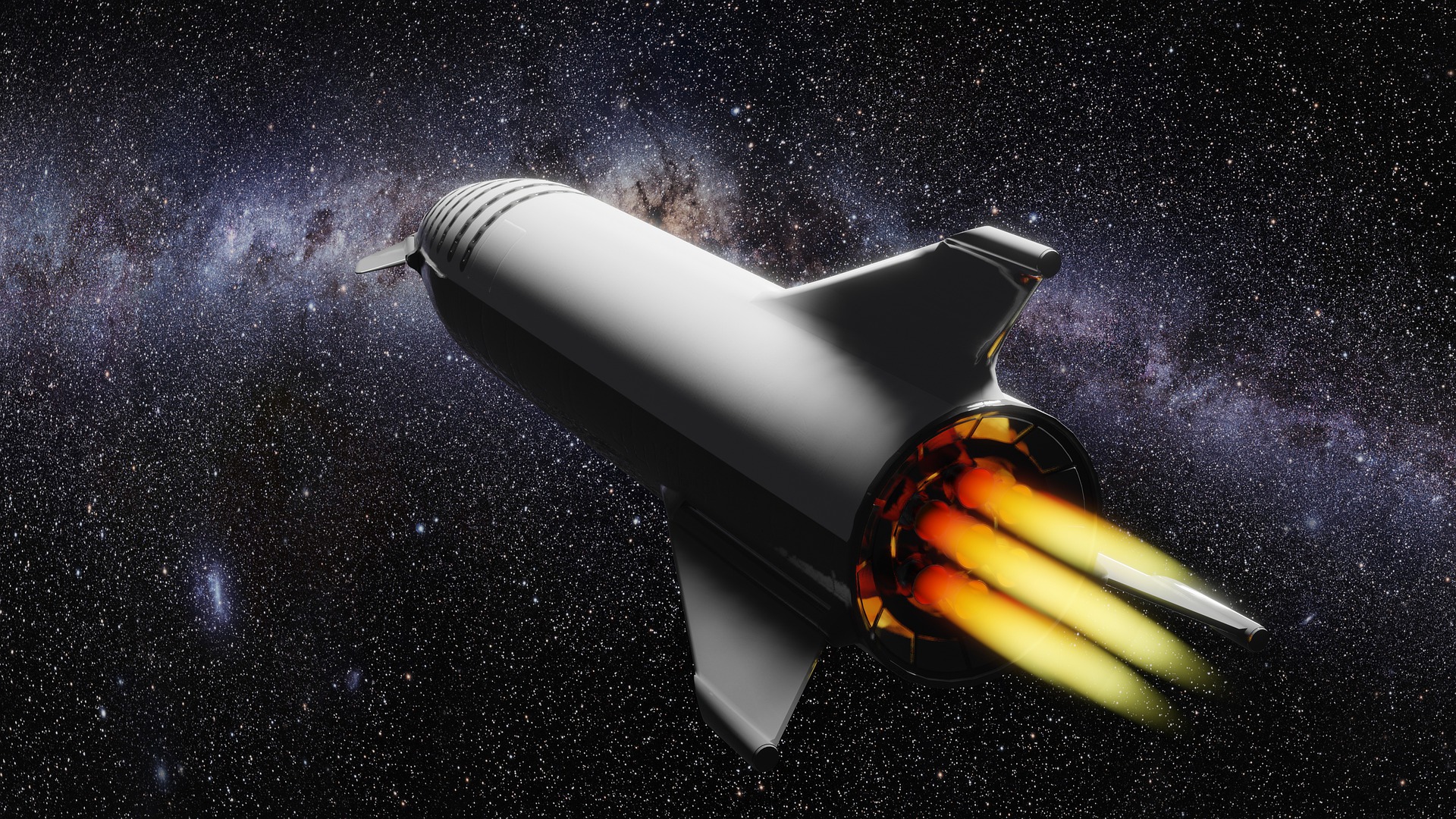SpaceX, the aerospace company founded by billionaire Elon Musk, has faced another delay in the launch of its Starship rocket. The company announced on April 26, 2023, that the launch was postponed due to a pressurization issue detected during a pre-flight test.
This is not the first time that the launch has been postponed. The Starship rocket has already faced several setbacks, with the previous launch attempt being postponed due to a problem with the rocket’s engines. The rocket was scheduled to take off from the SpaceX launch pad in Boca Chica, Texas, and perform a test flight to an altitude of 10 kilometers before returning to the launch pad for a landing.
The Starship rocket is a key component of SpaceX’s plans for interplanetary travel and eventually colonizing Mars. It is a reusable spacecraft that is designed to be used for both cargo and crew missions. The rocket is powered by SpaceX’s Raptor engines, which use liquid methane and liquid oxygen as propellants.
The pressurization issue that led to the postponement of the launch is a serious concern for SpaceX. The company has not provided any details about the specific problem, but it is likely related to the tanks that store the rocket’s propellants. These tanks must maintain a precise level of pressure to ensure that the rocket’s engines receive a constant flow of propellant.
In a statement released on social media, SpaceX said that the issue was detected during a routine pre-flight test and that the rocket would remain on the launch pad while the company worked to resolve the issue. The statement also emphasized that safety was SpaceX’s top priority.
SpaceX has not announced a new launch date for the Starship rocket. The delay is likely to have a significant impact on the company’s plans for interplanetary travel and its goal of launching crewed missions to Mars within the next decade.
The delay is also a blow to Elon Musk’s ambitions to make space travel more accessible to the public. Musk has previously stated that he wants to make space travel as common as air travel, and he has plans to use the Starship rocket for suborbital point-to-point travel on Earth. This would allow passengers to travel from one city to another in less than an hour.
The delay in the Starship launch is just the latest setback for SpaceX. The company has faced numerous challenges in its efforts to revolutionize the aerospace industry. In addition to the delays with the Starship rocket, SpaceX has also experienced setbacks with its Crew Dragon spacecraft, which is designed to transport astronauts to and from the International Space Station.
In 2020, a Crew Dragon spacecraft exploded during a ground test, delaying the company’s plans for crewed missions. The first crewed mission was finally launched in 2021, but the spacecraft was forced to make an emergency landing due to a problem with one of its engines.
Despite these setbacks, SpaceX has made significant progress in the aerospace industry. The company has successfully launched numerous Falcon 9 rockets and has established a strong track record of reusing its rockets, which has significantly reduced the cost of space travel.
In addition to its commercial efforts, SpaceX has also been involved in several high-profile projects with NASA. The company has launched numerous missions to the International Space Station, and it is currently working on the development of the Artemis program, which aims to return humans to the Moon by 2024.
The delay in the Starship launch is a reminder that space travel remains a complex and challenging endeavor, and that even the most innovative and well-funded companies can face setbacks.




